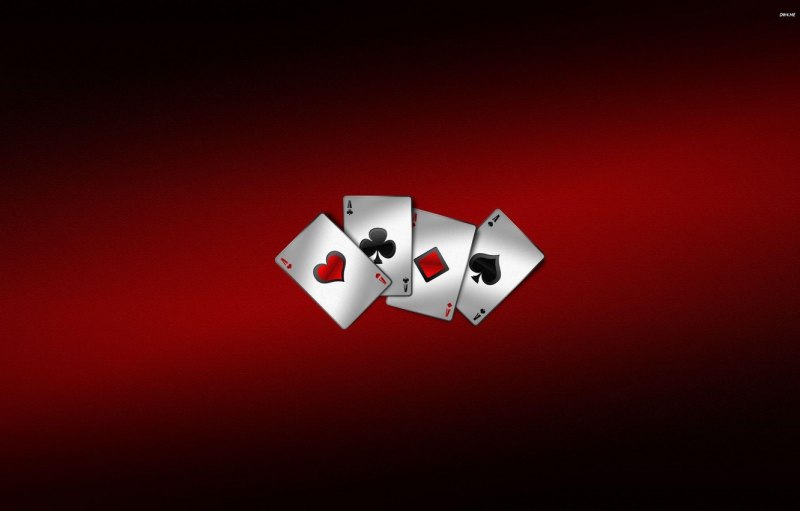Omaha Poker is an exciting variation of the popular card game, Texas Hold’em. In this comprehensive guide, we will delve into the rules, strategies, and tips to help you master this thrilling game.
Overview of Omaha Poker
Omaha Poker is played with a standard deck of 52 cards and can be played with a minimum of two players, up to a maximum of ten players. The goal of the game is to create the best possible five-card hand using a combination of community cards and personal cards.
The Deal
At the beginning of each hand, players are dealt four private cards known as “hole cards.” These cards are not revealed to other players. The dealer then proceeds to deal five community cards face up on the table.
Hand Rankings
Just like in Texas Hold’em, the hand rankings in Omaha Poker follow the traditional poker hierarchy. Starting from the highest, the rankings are:
Royal Flush
Straight Flush
Four of a Kind
Full House
Flush
Straight
Three of a Kind
Two Pair
One Pair
High Card
Omaha Poker Variations
There are two popular variations of Omaha Poker:
Omaha Hi
In Omaha Hi, the player with the highest hand at the showdown wins the pot. The hand must consist of exactly two hole cards and three community cards.
Omaha Hi-Lo
Omaha Hi-Lo, also known as Omaha Eight or Better, adds an extra twist to the game. In this variation, the pot is split between the player with the highest hand and the player with the lowest hand, provided it meets certain requirements. The lowest hand must be an eight or better, and it must consist of exactly two hole cards and three community cards.
Strategies and Tips
Starting Hands
When playing Omaha Poker, it’s crucial to carefully consider your starting hands. Unlike Texas Hold’em, where two hole cards are dealt, in Omaha Poker, you receive four hole cards. This means there are many more possible hand combinations. Generally, it’s advisable to aim for hands with connected cards or suited cards that have the potential to form strong combinations.
Pay Attention to the Community Cards
Since Omaha Poker involves using three community cards, it’s important to pay close attention to these cards to gauge the strength of your own hand and the potential hands your opponents may have. Analyzing the board texture and the possibilities it offers can greatly influence your decisions.
Position and Aggression
As with any poker game, position and aggression play significant roles in Omaha Poker. Being in late position gives you the advantage of seeing how other players act before you, allowing you to make more informed decisions. Additionally, applying pressure through aggressive betting can force opponents to make mistakes and fold weak hands.
Bankroll Management
Managing your bankroll is crucial in any form of gambling, and Omaha Poker is no exception. Set a budget for yourself and stick to it. Avoid chasing losses and never gamble with money you can’t afford to lose.
Conclusion
Omaha Poker is an exhilarating card game that requires a combination of skill, strategy, and luck. By understanding the rules, mastering different variations, and implementing effective strategies, you can increase your chances of success and enjoyment in this thrilling poker game.

